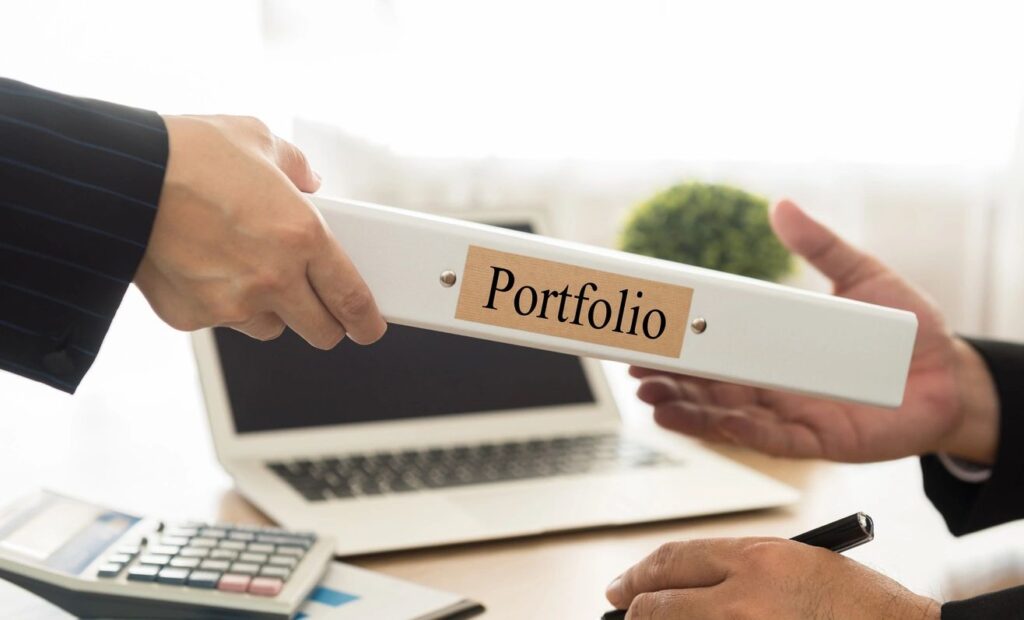Mastering Any Job Interviews: Frequently Asked Questions

Job interviews can be nerve-wracking, but being well-prepared can make a world of difference. Here are some frequently asked questions about mastering job interviews, along with tips and strategies to help you succeed.
How should I prepare for a job interview?
Preparation is key to a successful job interview. Follow these steps to get ready:
- Research the Company: Understand the company’s mission, values, culture, and recent news. This shows that you genuinely care about the organization.
- Understand the Job Description: Know the key responsibilities and required skills. This helps you tailor your responses to demonstrate that you’re a perfect fit.
- Practice Common Interview Questions: Prepare answers for common questions like “Tell me about yourself,” “Why do you want to work here?” and “What are your strengths and weaknesses?”
- Mock Interviews: Practice with a friend or use online tools to simulate the interview experience.
- Prepare Your Questions: Have a list of questions to ask the interviewer. This shows your interest and helps you assess if the company is the right fit for you.
What should I wear to an interview?
Dress codes vary by industry, but it’s generally best to err on the side of professionalism. Here are some guidelines:
- Corporate Jobs: Opt for formal business attire like a suit and tie for men and a tailored dress or pantsuit for women.
- Creative Industries: Business casual is often acceptable. Think smart trousers or skirts with a neat top.
- Tech Startups: These environments may be more relaxed, but it’s still wise to dress smart-casual for the interview.
Always research the company’s dress code in advance and choose an outfit that makes you feel confident and professional.
How do I answer behavioral interview questions?
Behavioral questions often start with “Tell me about a time when…” and aim to assess how you handled situations in the past. Use the STAR method to structure your answers:
- Situation: Describe the context in which you performed a task or faced a challenge at work.
- Task: Explain the actual task or challenge involved.
- Action: Detail the specific actions you took to address the task or challenge.
- Result: Share the outcomes or results of your actions. Quantify the results when possible.
For example, if asked about a time you had to meet a tight deadline, you might say:
- Situation: “In my previous role, we had a major product launch with a very tight deadline.”
- Task: “I coordinated the marketing campaign.”
- Action: “I prioritized tasks, delegated effectively, and worked closely with my team to ensure we met all deliverables.”
- Result: “We successfully launched on time, and the campaign resulted in a 20% increase in sales.”
How can I make a great first impression?
First impressions are crucial. Here’s how to make a positive one:
- Arrive on Time: Aim to arrive 10-15 minutes early.
- Be Polite to Everyone: Treat everyone you meet with respect, from the receptionist to the hiring manager.
- Body Language: Maintain good posture, make eye contact, and offer a firm handshake.
- Smile: A friendly demeanor can set a positive tone for the interview.
How do I handle difficult questions?
When faced with tough questions:
- Stay Calm: Take a moment to think before you respond.
- Be Honest: It’s better to admit you don’t know something than to fake an answer. You can say, “That’s a great question. I don’t have the information right now, but I’m eager to learn.”
- Redirect if Needed: If asked about a weakness, briefly acknowledge it and then focus on how you’re working to improve.
What should I do after the interview?
Post-interview actions can leave a lasting impression:
- Send a Thank-You Email: Within 24 hours, send a personalized thank-you note expressing appreciation for the opportunity and reiterating your interest in the position.
- Reflect on the Interview: Consider what went well and what you could improve for future interviews.
- Follow Up: If you haven’t heard back within the indicated timeframe, send a polite follow-up email.



I am taxi driver in Dubai 5 years experience
I from Pakistan
I have automatic license